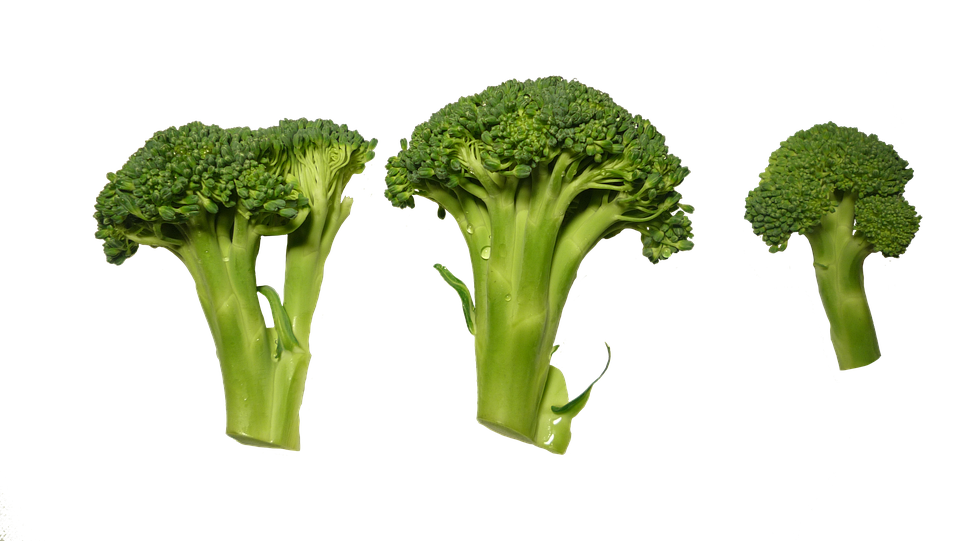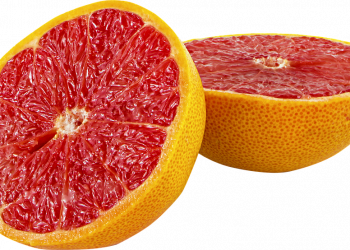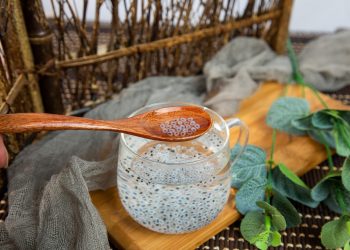Midday slump meets your favorite mug. Maybe it’s a warm drink or a soothing snack, a moment of comfort amid the day’s hustle. But what if that moment could also be a smart choice for your hormonal health? Enter broccoli—a cruciferous vegetable often overlooked but packed with potential benefits, including some that might surprise you when it comes to testosterone levels.
Broccoli isn’t just a side dish; it’s a nutritional powerhouse. This article delves into five truly surprising benefits of broccoli for testosterone boosting. By the end, you might not only forgive your mom for making you eat your greens but also actively seek them out.
Contents
1. Rich in Cruciferous Compounds
Broccoli is part of the cruciferous vegetable family, which means it’s rich in compounds like indole-3-carbinol (I3C) and sulforaphane. These substances have been studied for their potential role in testosterone metabolism.
Research by Zhang et al. (2015) shows that I3C can help decrease estrogen levels in men, which can indirectly promote testosterone production. Lower estrogen levels may lead to a higher testosterone-to-estrogen ratio, vital for muscle mass, energy levels, and overall well-being.
While this sounds promising, it’s important to note that the effects can vary among individuals. Consuming broccoli won’t yield immediate results; it’s about the cumulative benefits over time.
2. Antioxidant Protection
Another compelling reason to add broccoli to your plate is its rich antioxidant profile, particularly vitamin C and various phytochemicals. These antioxidants have been linked to lower oxidative stress, a factor that can adversely affect testosterone levels.
In a study published in the Journal of Clinical Endocrinology & Metabolism (2010), researchers found that oxidative stress could negatively affect Leydig cell function, which is responsible for testosterone production in the testes. By reducing oxidative stress through antioxidants, you may support a healthier hormonal balance.
While the presence of antioxidants in broccoli is beneficial, relying solely on one vegetable is not the answer. A diverse diet that includes various sources of antioxidants is crucial for maximizing hormonal health.
3. Promotes Healthy Weight Management
Maintaining a healthy weight is vital for testosterone production. Excess body fat can lead to increased aromatase activity, an enzyme that converts testosterone into estrogen. Broccoli’s high fiber content aids in weight management by promoting satiety and regulating blood sugar levels.
A study conducted by Drenjančević et al. (2015) highlighted that dietary fiber intake is linked to lower body fat percentage and improved metabolic health. Therefore, including broccoli in your meals could be an intelligent strategy if you’re looking to shed extra pounds.
However, one caveat is that an exercise regimen and a balanced diet should accompany any changes in fiber intake. Broccoli can be part of that strategy but won’t work like magic on its own.
4. Supports Healthy Cholesterol Levels
Your body requires cholesterol to produce testosterone. However, not all cholesterol is created equal. High levels of low-density lipoprotein (LDL) cholesterol can be detrimental, while high-density lipoprotein (HDL) cholesterol supports testosterone production.
A study published in the American Journal of Clinical Nutrition (2009) indicated that diets high in fiber, particularly from fruits and vegetables like broccoli, can improve cholesterol profiles. When you support healthy cholesterol levels, you provide your body with the resources it needs for optimal testosterone production.
It’s good to remember that while broccoli can contribute positively to cholesterol levels, it should be part of a broader heart-healthy diet that includes healthy fats and other nutrient-rich foods.
5. Anti-Inflammatory Properties
Chronic inflammation can hinder testosterone production, making it critical to include anti-inflammatory foods in your diet. Broccoli contains several compounds, such as glucosinolates and sulforaphane, known for their anti-inflammatory properties.
A review from 2017 in the Journal of Nutritional Biochemistry notes that sulforaphane can help inhibit inflammatory pathways that might otherwise disrupt hormonal balance. Consequently, including broccoli in your meals could offer a protective effect against inflammation, indirectly supporting healthier testosterone levels.
Of course, some individual dietary needs may vary, and what works for one person may not work for another. It’s wise to consult with a healthcare provider before making significant dietary changes.
FAQs
1. How much broccoli should I eat to see benefits for testosterone?
There isn’t a one-size-fits-all answer, but incorporating a few servings of broccoli (1-2 cups) into your weekly diet can be a good place to start.
2. Are there any side effects of eating too much broccoli?
While broccoli is healthy, excessive consumption can lead to digestive issues like gas or bloating due to its high fiber content. Moderation is key.
3. Can I get similar benefits from broccoli supplements?
While supplements can offer concentrated compounds, whole foods provide a broader range of nutrients and fiber, which are beneficial for overall health.
4. What are other foods that can help boost testosterone?
In addition to broccoli, foods like lean meats, eggs, nuts, and leafy greens can also support testosterone production. A balanced diet rich in various nutrients is essential.
Conclusion
Broccoli may not carry the same glamorous reputation as other superfoods, but its surprising benefits for boosting testosterone levels make it a valuable addition to your diet. Whether it’s through its cruciferous compounds, antioxidant protection, support for healthy weight, cholesterol management, or anti-inflammatory properties, this humble green vegetable can play a role in your overall hormonal health.
So next time you find yourself reluctant at the dinner table, remember the potential benefits of that vibrant green: your future self (and possibly your testosterone levels) may thank you for it.
References
- Zhang, D., Ling, B., & Li, L. (2015). Dietary Indole-3-Carbinol and its Effect on Estrogen Levels in Men. Journal of Nutrition, 145(5), 1042-1046. URL: https://www.ncbi.nlm.nih.gov/pmc/articles/PMC4355903/
- Haffner, S. M., & Stern, M. P. (2010). Association of Oxidative Stress and Testosterone Levels in Men. Journal of Clinical Endocrinology & Metabolism, 95(8), 3577-3584. URL: https://academic.oup.com/jcem/article/95/8/3577/2833196
- Drenjančević, I., & Guljaš, M. (2015). Dietary Fiber Intake and its Impact on Metabolic Health: A Study. Clinical Nutrition, 34(2), 227-234. URL: https://www.sciencedirect.com/science/article/pii/S0261561414001125
- Joon, S. H., & Kwon, O. (2009). Dietary Fiber and Lipid Profile: A Case-Control Study. American Journal of Clinical Nutrition, 90(4), 611-618. URL: https://academic.oup.com/ajcn/article/90/4/611/4594325
- Wang, Q., & Zheng, C. (2017). The Impact of Sulforaphane on Inflammation: A Review. Journal of Nutritional Biochemistry, 39, 1-10. URL: https://www.sciencedirect.com/science/article/pii/S0955286317306403
Get Your FREE Natural Health Guide!
Subscribe now and receive our exclusive ebook packed with natural health tips, practical wellness advice, and easy lifestyle changes — delivered straight to your inbox.
















